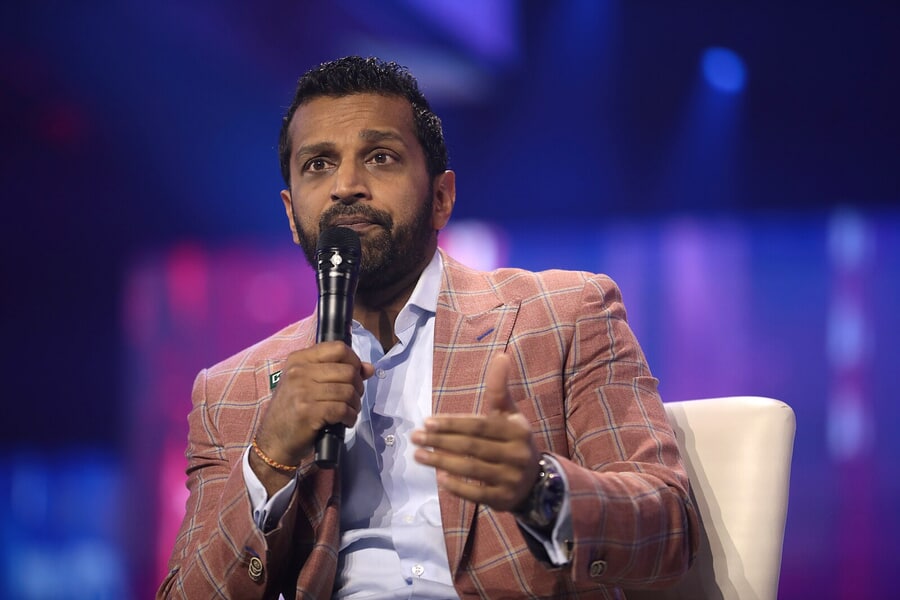More Response to Brig. Gen. Martins
Jacob Bronsther, a third-year student at NYU Law School, who spent time as a Fulbright Scholar studying the the Muslim community in Mauritius, sent Brig. Gen. Mark Martins comments on his guest posts, which Gen. Martins encouraged him to submit to the site in longer form. In addition to his legal training, Bronsther studied political theory at Oxford University (Balliol):
I never thought academic philosophy would be relevant to military tactics. But I really never thought military tactics could teach us anything about philosophy. It appears I underestimated Gen.
Published by The Lawfare Institute
in Cooperation With

Jacob Bronsther, a third-year student at NYU Law School, who spent time as a Fulbright Scholar studying the the Muslim community in Mauritius, sent Brig. Gen. Mark Martins comments on his guest posts, which Gen. Martins encouraged him to submit to the site in longer form. In addition to his legal training, Bronsther studied political theory at Oxford University (Balliol):
I never thought academic philosophy would be relevant to military tactics. But I really never thought military tactics could teach us anything about philosophy. It appears I underestimated Gen. Mark Martins. Gen. Martins’ posts discuss his work commanding the Rule of Law Field Force (ROLFF) in Afghanistan, which operates where the rubber of some highly philosophical concepts—such as the rule of law and political legitimacy—meets the road of practical application in a COIN environment. 1. Philosophy informing tactics One philosophical question that emerges immediately is what the phrase “the rule of law” means. In an illuminating piece in the journal of Law and Philosophy, Jeremy Waldron, (my) legal theory professor at NYU Law, shows how the rule of law is an “essentially contested concept,” as defined by W.B. Gallie. (Gen. Martins outs his own philosophy background when he argues that “lawfare” is an “essentially contested concept”.) Waldron explains that a concept is essentially contested when people agree that it refers to something normatively important, but disagree over its core meaning and requirements. It’s not just vagueness, where we disagree at the edges, say, over whether teal is blue or green. It’s disagreement over the central case, for instance whether the rule of law requires that we prioritize customary norms as applied by courts (Friedrich von Hayek), rigid statutes enacted by legislators (Antonin Scalia), or the moral principles immanent in the legal code (Ronald Dworkin). The ceaseless argument is to refine and enrich our understanding of the term, and why we care about it. Waldron concludes that to have the rule of law means that people debate constantly over what the concept requires, but with an understanding and commitment that whoever wins this debate wins the day policy-wise. One helpful way to frame the ROLFF is that it aims to create an environment where this understanding and commitment dominates. 2. Tactics informing philosophy There's a debate amongst rule of law scholars that Gen. Martins’ posts help to resolve. On the one side, theorists such as Joseph Raz argue that law is merely a useful, effective tool for government, insofar as it can guide the conduct of all citizens at once, and in advance. Whether or not a government is legitimate is a separate question, which depends upon the moral content of those laws. On the other side, theorists like Waldron and Lon Fuller argue that law and legitimacy are necessarily connected, since governing through law involves respecting values like fairness, liberty, and human dignity. Each person receives the same set of rules, which upholds fairness. And that set of rules demarcates in advance a safe zone for independent conduct, which creates an environment conducive to liberty, and presents a dignified conception of citizens as self-guided and responsible. Gen. Martins’ posts argue that effective, long-lasting governance requires the support of the people, which is only forthcoming if the government acts with legitimacy, which in turn requires the rule of law and respect for its deeper moral values. It's the idea that, over the long-term, at least in a COIN environment, power comes to the deserving. Law is not only about effective power or legitimate power; it's both at the same time. It's an inspiring idea, as matter of political philosophy and also military strategy. 3. Hedging law If COIN is a race for civilian support, it seems that one of the challenges facing Gen. Martins and the ROLFF is that civilians need not commit themselves fully to one side, but can and do hedge their bets, which just entrenches the conflict. This is especially relevant for COIN lawfare because laws and legal systems, which by nature aim at general application, become less effective and legitimate for everyone when they are followed or enforced inconsistently. If your business competitors follow some law of competition sporadically and with relative impunity, that diminishes the law’s worth in your eyes, even if you would prefer everyone follow its guidance. This runs in the other direction, though, because it makes sense to believe that there's a tipping point, whereupon one side or system receives enough support and therefore power, such that it's less rational for people to hedge their bets against its victory, which spirals on down to more and more support, less and less hedging, and ultimate success. There may be something to the notion that after a certain point of civilian support, COIN victory becomes a self-fulfilling prophecy, and the goal is to reach that point. Of course, we don’t know where that point lies, but it alters our perspective of the conflict knowing that it’s out there, at least for those of us not immediately involved.
Benjamin Wittes is editor in chief of Lawfare and a Senior Fellow in Governance Studies at the Brookings Institution. He is the author of several books.





